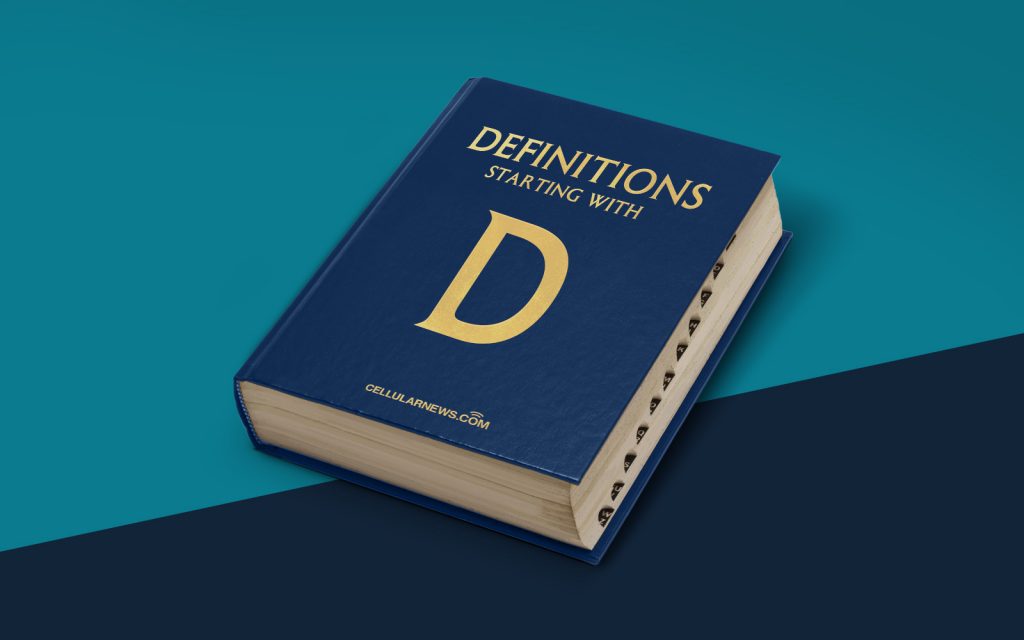
What is a Digital Camera?
Do you ever wonder how the incredible photos you see online or on social media platforms are taken? The answer lies in a small but mighty device called a digital camera. In this DEFINITIONS blog post, we’ll dive into the world of digital cameras, exploring what they are, how they work, and why they have become the go-to choice for photography enthusiasts and professionals alike.
Key Takeaways:
- A digital camera is an electronic device that captures and stores photographs as digital images.
- It replaces the traditional film used in conventional cameras and offers several advantages, including immediate image preview, easy sharing, and the ability to manipulate and enhance images.
So, what exactly is a digital camera?
A digital camera is a device that captures photographs and stores them as digital images. Unlike traditional film cameras, which use rolls of film to record images, digital cameras use an electronic image sensor to capture and convert light into digital data.
These devices have become increasingly popular over the years due to their convenience, versatility, and improved image quality. Being able to instantly preview the captured image on a screen allows photographers to make adjustments and retake the shot if necessary. This eliminates the uncertainties and costs associated with film photography.
So how does a digital camera work? Let’s break it down:
The working of a digital camera:
- Image Capture: When you press the shutter button on a digital camera, light enters the lens and falls onto the image sensor. The image sensor converts this light into an electrical signal.
- Image Processing: The electrical signal is then processed by the camera’s internal processor. This processor applies various algorithms to enhance the image, such as adjusting color balance, sharpness, and contrast.
- Image Storage: The processed image is then saved onto a memory card or internal storage within the camera. This digital format allows for easy transfer and storage of the photographs.
Now that we know how a digital camera works, let’s explore why they have become the preferred choice for photographers:
Advantages of digital cameras:
- Immediate Image Preview: One of the biggest advantages of a digital camera is the ability to preview the captured image instantly on the camera’s LCD screen. This feature lets you review the photo, make adjustments, and retake the shot if needed.
- Easy Sharing: Digital cameras facilitate easy sharing of photographs. You can transfer the images to your computer or directly share them online via email or social media platforms.
- Image Manipulation: Digital images can be easily manipulated and enhanced using photo editing software. This allows photographers to correct imperfections, adjust colors, crop, and apply various creative effects.
- Storage and Convenience: Gone are the days of carrying rolls of film and worrying about running out of shots. Digital cameras offer ample storage space for hundreds or even thousands of photographs, making it convenient for prolonged use without the need to change or reload film.
In conclusion, a digital camera is an electronic device that has revolutionized the world of photography. Its ability to capture, process, and store images as digital data provides countless advantages over traditional film cameras. So, whether you’re a professional photographer or a hobbyist, a digital camera is a must-have tool to explore your creativity and capture breathtaking moments.
